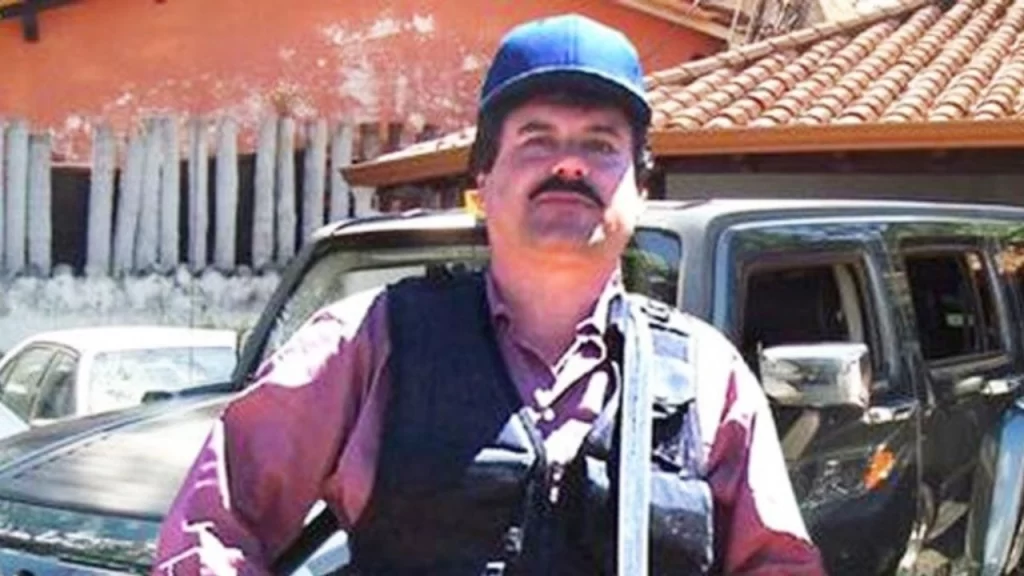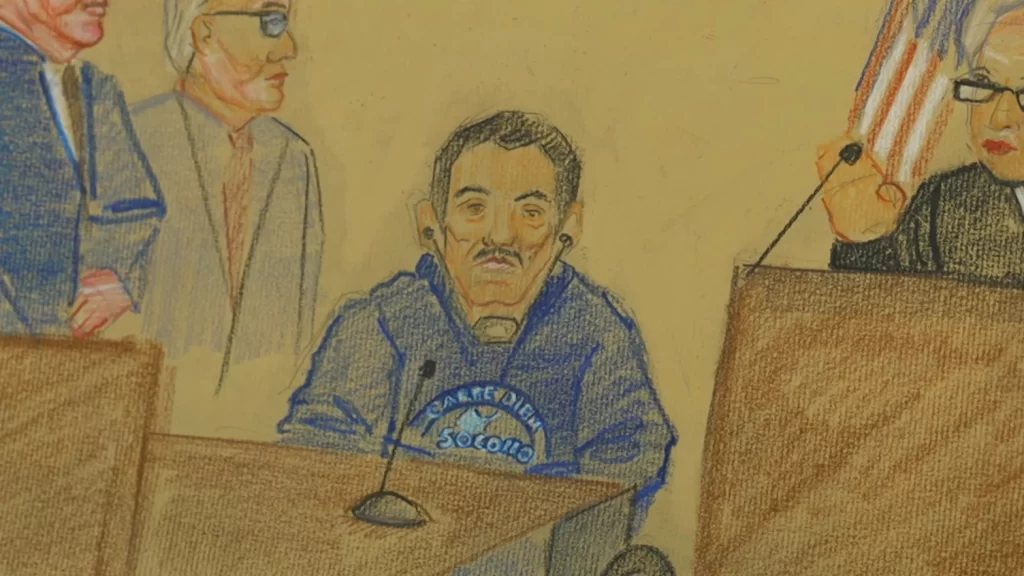Ismael “El Mayo” Zambada, the elusive and powerful leader of Mexico’s Sinaloa drug cartel, is scheduled to face a U.S. court for the first time on Friday in Brooklyn, New York. The 76-year-old drug lord will be arraigned on a 17-count indictment that includes charges of narcotics trafficking and murder, marking a significant milestone in the U.S. government’s decades-long pursuit of one of the world’s most wanted criminals.

Zambada, who has evaded U.S. law enforcement for over 20 years, came into U.S. custody under unusual circumstances on July 25. Federal authorities report that he arrived on a private plane at an airport near El Paso, Texas, accompanied by Joaquín Guzmán López, another fugitive cartel leader and son of the imprisoned Sinaloa co-founder Joaquín “El Chapo” Guzmán.
The circumstances of Zambada’s arrival in the U.S. have stirred controversy. In a letter, Zambada claimed he was forcibly kidnapped in Mexico and brought to the U.S. by Guzmán López, raising questions about the nature of his apprehension and the complex dynamics within the cartel’s leadership.
U.S. prosecutors in Brooklyn have filed a motion requesting that Zambada be held in detention while awaiting trial. They argue that he poses an extreme flight risk and danger to the community. If convicted on all charges, Zambada faces a minimum sentence of life imprisonment and could potentially face the death penalty.
In their letter to the judge, prosecutors described Zambada as “one of the world’s most notorious and dangerous drug traffickers.” They detailed his alleged command of a vast criminal empire, including an arsenal of military-grade weapons, heavily armed private security forces, and a network of assassins known as “sicarios.”

The prosecutors claim that Zambada’s organization was responsible for “gruesome assassinations and kidnappings” aimed at maintaining discipline within the cartel, protecting against rival challenges, and silencing potential informants. In a startling allegation, they assert that Zambada ordered the murder of his own nephew just months before his arrest, underscoring the brutal nature of cartel operations.
Zambada has already entered a plea of not guilty to the charges during an earlier court appearance in Texas.
His unexpected arrest has sparked violent clashes in Mexico between rival factions of the Sinaloa cartel. The city of Culiacan, capital of Sinaloa state, has seen deadly gunfights, forcing schools and businesses to close. The conflicts are believed to pit loyalists of Zambada against factions led by the sons of “El Chapo” Guzmán, highlighting the potential power vacuum created by Zambada’s arrest.

The circumstances surrounding Guzmán López’s surrender to U.S. authorities and his role in bringing Zambada into custody remain unclear. Guzmán López is currently awaiting trial on separate drug trafficking charges in Chicago, where he has pleaded not guilty in federal court.
Zambada’s arraignment represents a significant victory for U.S. law enforcement in their ongoing battle against Mexican drug cartels. His capture and prosecution could potentially provide valuable insights into the operations of one of the world’s most powerful criminal organizations and may lead to further disruptions in the global drug trade.
As the legal proceedings unfold, observers will be watching closely for any revelations about the inner workings of the Sinaloa cartel and the potential implications for U.S.-Mexico relations in the fight against drug trafficking. The case against Zambada is expected to be complex and lengthy, given his alleged decades-long involvement in the drug trade and the international scope of his operations.



